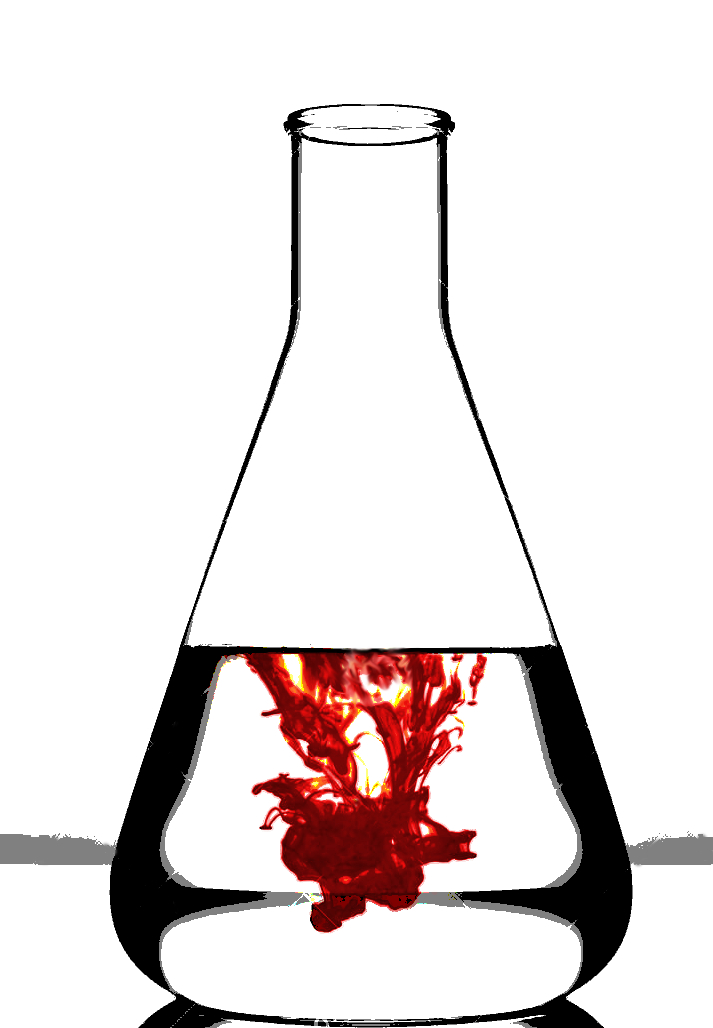Understanding low in new focus
 COVID-19 appears to have increased public attention on research, but not public understanding.
COVID-19 appears to have increased public attention on research, but not public understanding.
A new report has found that nearly two-thirds of researchers and scientists surveyed feel the pandemic has increased public attention on research, but less than 40 per cent believe that better public understanding of how research is conducted will be a legacy of the pandemic.
The ‘Confidence in research: researchers in the spotlight’ report includes the findings from a global survey of over 3,000 researchers and academics on the impact of the pandemic on the production and communication of research.
The report also found that around a third of respondents reported that they or a close colleague have experienced abuse after posting research online.
Being published in a peer-reviewed journal was found to be the most important marker of reliability, according to 74 per cent of researchers surveyed.
The study revealed that more than half of researchers (52 per cent) feel the pandemic increased the importance of publishing research early, prior to peer review, and many – particularly women, early career researchers and those in Global South countries – feel the pandemic has widened inequalities in, and access to, funding in their fields.
More than half of respondents expressed concern about the challenges of over-simplification (52 per cent) and the politicisation of research (56 per cent) because of increased public attention and social media focus on research and the research process.
As a result, many say they now lack confidence in their ability to communicate their findings to the public in this new environment.
Fewer than one in five researchers (18 per cent) participating in the study feel highly confident in communicating their findings on social media.
This is against a background of nearly a third (32 per cent) of respondents having experienced, or knowing a close colleague who has experienced abuse after posting research online.
Half of all researchers surveyed (51 per cent) said they feel a responsibility to engage in debate online and over two thirds (69 per cent) believe the pandemic has increased the importance of separating quality research from misinformation.
In fact, misinformation has become such a concern globally in recent years that nearly a quarter of academics (23 per cent) now see publicly countering it as one of their primary roles in society, compared to just 16 per cent who said this was the case before the pandemic.
Experts say a number of steps should be taken to improve public confidence in research, including;
-
Providing formal communications training to give researchers the tools and guidance to communicate ethically, effectively and with confidence, and incentivising strong communication skills as part of career development
-
Providing support for researchers in the face of online abuse by drafting clear codes of conduct and guidance on how to manage online interaction
-
Embedding the right incentive and reward structures to ensure that researchers’ contribution to furthering confidence in science receives appropriate recognition, in particular their role in teaching, public engagement and participation in the peer review process
-
Promoting collaboration and impact by providing financial incentives for researchers to collaborate in larger teams and facilitate quality trials and studies over quantity
-
Prioritising equity and diversity by directing research funding to countries and research communities that need it most
-
Adopting more digestible summaries and user-friendly formats to make it easier for policymakers, journalists or the general public to better understand and identify quality research
-
Prioritising consistency in R&D spending to ensure that researchers can properly plan their research, staffing and infrastructure needs







 Print
Print